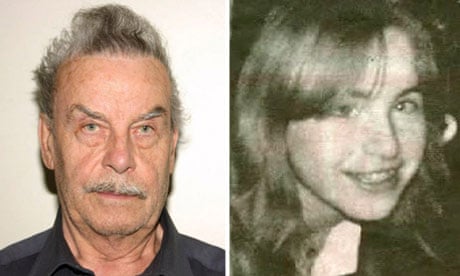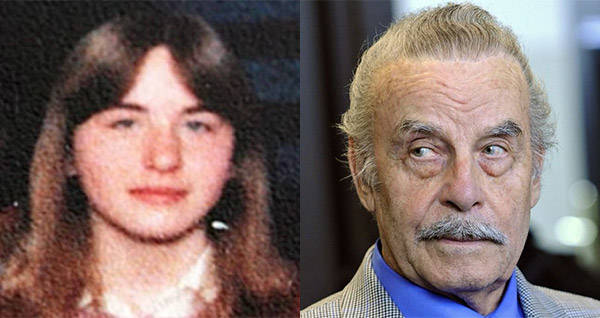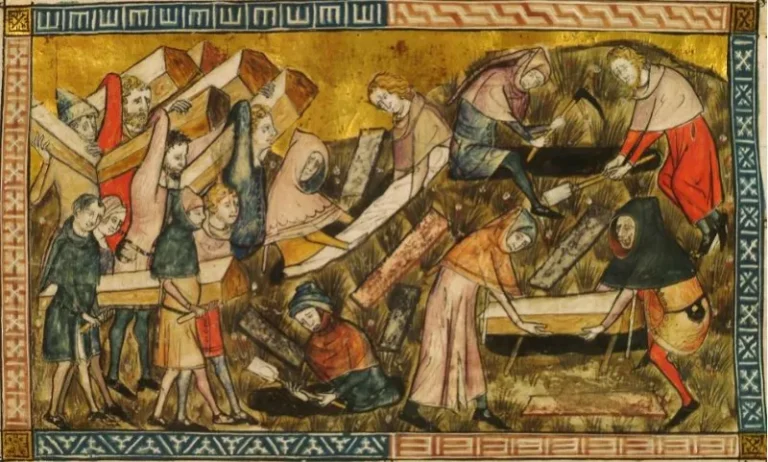Inside the Captivity: The Unbelievable Story of Josef Fritzl’s 24-Year Nightmare
The Role of Rosemarie Fritzl
Rosemarie Fritzl was an integral figure in the horrifying saga of Josef Fritzl’s 24-year captivity. Her role and actions—or lack thereof—are crucial in understanding the full scope of the case.
Rosemarie’s Knowledge and Actions
Rosemarie Fritzl, Josef’s wife, was deeply entangled in the web of deceit spun by her husband. Despite living with Josef and their children, she was unaware of the existence of the hidden cellar where Elisabeth and her children were imprisoned. Josef meticulously planned and executed his crimes in such a way that he managed to keep the dark secret hidden from her.
For years, Rosemarie believed that Elisabeth had run away and that her children had been left in the care of their father. This belief was reinforced by Josef’s manipulative tactics and the plausible explanations he provided. For instance, he claimed that Elisabeth had joined a religious cult or had been abducted. Rosemarie, struggling with health issues and her own problems, took these explanations at face value.
The psychological manipulation Josef employed on Rosemarie highlights the extent of his control. Rosemarie’s lack of awareness was not merely a matter of ignorance but a result of sophisticated deceit and isolation orchestrated by Josef.
Impact on Rosemarie’s Life
The aftermath of the discovery of the captivity had a profound impact on Rosemarie. The public and media scrutiny she faced was intense, and the emotional toll was significant. Despite her apparent ignorance of the situation, she was thrust into the spotlight, facing questions about her role and responsibilities.
Rosemarie’s life after the case was marked by severe social and psychological repercussions. She lived under the shadow of her husband’s actions and struggled to rebuild her life amidst ongoing public interest and legal battles. Her life was forever altered by the revelations, and she had to navigate the complexities of dealing with both personal trauma and public judgment.
The Discovery and Aftermath
How the Captivity Was Uncovered
The case of Josef Fritzl came to light in April 2008, when Elisabeth Fritzl managed to escape from the underground cellar where she had been imprisoned for 24 years. Her dramatic escape led to the discovery of the hidden chamber and the subsequent arrest of Josef Fritzl. Elisabeth’s courage and determination to seek help played a pivotal role in unraveling the nightmarish situation.
The investigation revealed the full extent of Josef’s crimes, including the physical and psychological abuse inflicted upon Elisabeth and her children. The discovery shocked the world and exposed a horrifying case of long-term captivity and abuse.
Legal Consequences for Josef Fritzl
Josef Fritzl faced significant legal consequences for his actions. In March 2009, he was convicted of incest, false imprisonment, and other charges. He was sentenced to life imprisonment, with the possibility of parole only after 15 years. The trial provided a detailed account of the abuse and highlighted the extensive psychological damage inflicted on the victims.
The legal proceedings also shed light on the broader issues of criminal justice and victim support, raising questions about how such cases can be prevented and addressed in the future.
The Daily Reality of Captivity

Life Inside the Hidden Cell
The hidden cell where Elisabeth and her children lived was a grim and oppressive environment. Constructed beneath the family home, the cell was designed to be virtually inaccessible and was equipped with minimal amenities. The conditions were harsh, with limited light, poor ventilation, and inadequate sanitation.
Living in such conditions had a severe impact on the physical and psychological health of the captives. They endured constant confinement and isolation, leading to significant trauma and distress.
Psychological and Physical Impact on Victims
The prolonged captivity had profound effects on Elisabeth and her children. Psychological trauma included symptoms of PTSD, depression, and anxiety. The lack of social interaction and exposure to normal life contributed to the development of psychological disorders.
Physically, the captives faced malnutrition, poor hygiene, and health complications. The impact of the captivity on their overall well-being was devastating, and their recovery process has been a long and challenging journey.
The Start of the Nightmare
How the Captivity Began
The nightmare began in August 1984, when Josef Fritzl lured his daughter Elisabeth into the hidden cellar under the guise of a family emergency. Once trapped, Elisabeth was subjected to severe confinement and abuse. The cellar became a prison where Josef exerted absolute control over her and her children.
Josef’s meticulous planning and deception allowed him to maintain the secrecy of the cellar for over two decades. The initial steps of the captivity involved isolating Elisabeth from the outside world and ensuring that no one would suspect the truth.
Initial Conditions and Victims
The initial conditions in the hidden cellar were stark and oppressive. Elisabeth was forced to endure a life of isolation, with her only interactions being with her father. The birth of her children in captivity added to the horror of their situation, as they were born into an environment of extreme deprivation and abuse.
The initial conditions set the stage for a prolonged and traumatic experience that would have lasting effects on the victims.
The Early Life of Josef Fritzl
Background and Family History
Josef Fritzl was born in 1935 in Austria, growing up in a post-war environment marked by hardship and instability. His early life was characterized by a troubled family background and a series of personal issues that would later influence his actions.
Fritzl’s experiences and psychological development played a significant role in shaping his behavior and the heinous acts he committed. Understanding his background provides insight into the factors that contributed to his criminal actions.
Key Influences and Psychological Factors
Several key influences and psychological factors contributed to Josef Fritzl’s criminal behavior. These included his upbringing, personal experiences, and psychological issues. His background involved exposure to violence and control, which may have influenced his later actions.
Psychological factors such as control issues, a need for power, and a distorted sense of morality played a role in Fritzl’s decisions and behavior. Analyzing these factors helps in understanding the complexities of his actions.
Reflections on the Case
Psychological and Social Implications
The case of Josef Fritzl has significant psychological and social implications. It raises important questions about the nature of criminal behavior, the effectiveness of legal and psychological interventions, and the need for better support systems for victims of abuse.
The case also highlights the importance of awareness and prevention strategies to address similar situations in the future. Understanding the psychological impact on the victims and the broader societal implications is crucial for preventing and responding to such cases.
Media Coverage and Public Reaction

The media coverage of the Josef Fritzl case was extensive and intense. The story captured public attention worldwide, leading to widespread discussions and debates about the nature of the crimes and the response of the legal system.
Public reaction was one of shock and disbelief, with many expressing concern for the victims and the need for justice. The case also sparked discussions about the responsibilities of individuals and institutions in preventing and addressing abuse.
Summary of Main Characters
| Character | Role | Description |
|---|---|---|
| Josef Fritzl | Perpetrator | Father who imprisoned his daughter and her children in a hidden cellar for 24 years. |
| Rosemarie Fritzl | Wife | Josef Fritzl’s wife, unaware of the full extent of the captivity. |
| Elisabeth Fritzl | Victim | Daughter of Josef Fritzl, held captive for 24 years. |
| The Children | Victims | Offspring born during the captivity, suffering from imprisonment conditions. |
Quotes with References
- “The case shocked the world with its revelation of unimaginable cruelty and control.” – Wikipedia
- “Elisabeth Fritzl’s harrowing ordeal highlights the severe psychological impact of prolonged captivity.” – History Defined
Meta Description: Explore Josef Fritzl’s 24-year captivity, including the role of Rosemarie Fritzl, the daily reality for victims, and the shocking discovery that changed everything.
References
- Wikipedia: Josef Fritzl https://en.wikipedia.org/wiki/Josef_Fritzl
- History Defined: Josef Fritzl https://www.historydefined.net/






